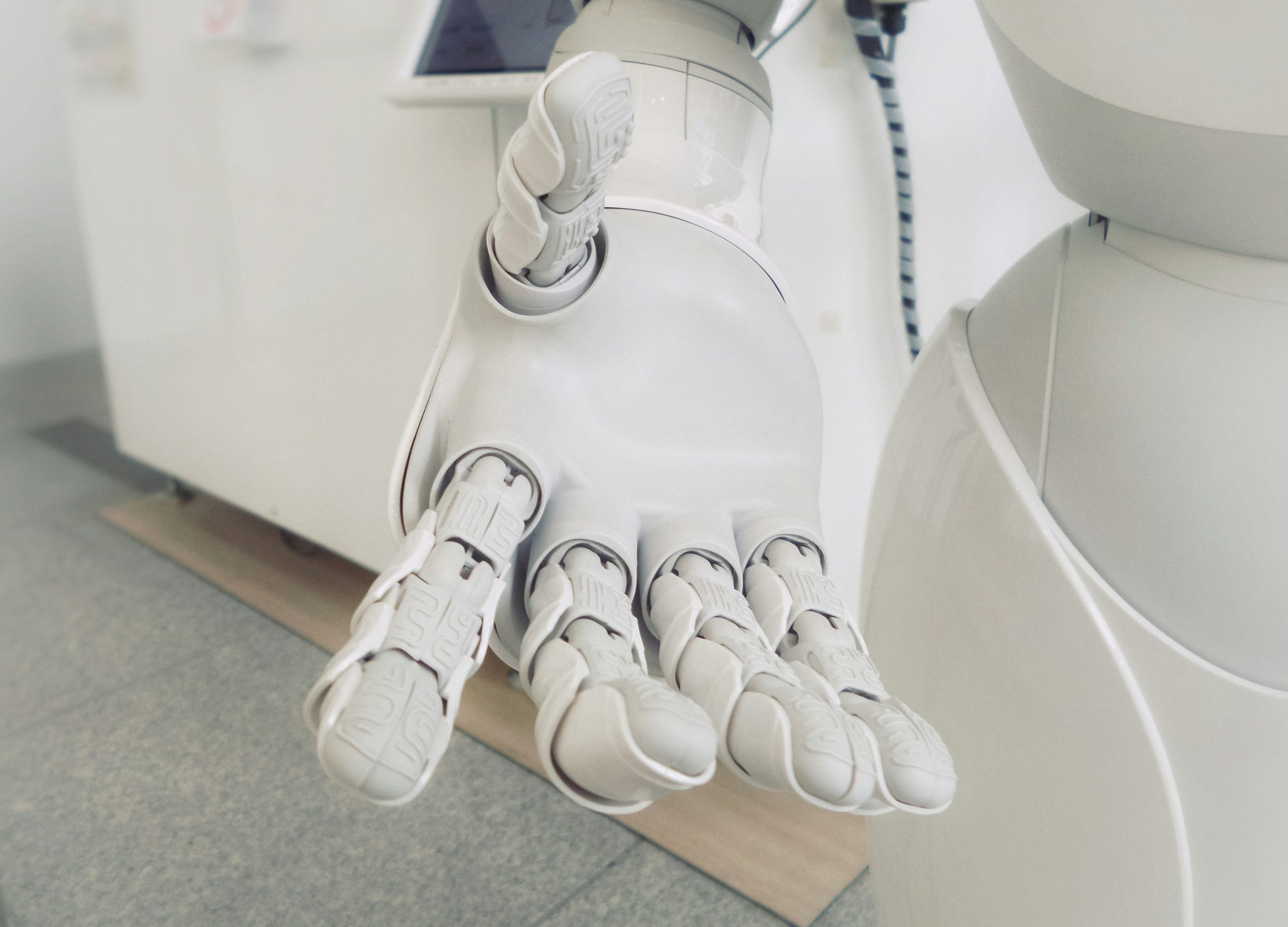- Virtual reality enhances medical training by providing realistic simulations for more effective learning experiences.
- High-purity water systems ensure safe, clean water for medical procedures, meeting the healthcare industry’s growing demand.
- Robotic Process Automation automates administrative tasks, increasing efficiency and allowing staff to focus on patient care.
- Integration of advanced technologies boosts efficiency, safety, and quality in healthcare services and operations.
- Embracing technological advancements is crucial for improving patient outcomes and fostering a compassionate healthcare system.
As technology continues to advance, healthcare and medical facilities are constantly looking for new ways to improve patient care, streamline processes, and increase efficiency. While many facilities have already implemented well-known technologies such as electronic health records and telemedicine, there are several lesser-known technologies that can significantly benefit healthcare providers and their patients. This blog will explore these lesser-known technologies that are revolutionizing the healthcare industry.
Artificial Intelligence (AI) in Healthcare

One of the most promising technologies that is transforming healthcare is Artificial Intelligence (AI). AI involves the use of computer systems and algorithms to perform tasks that typically require human intelligence, such as decision-making, problem-solving, and language translation. In healthcare, AI can be applied in various ways to improve patient care and streamline processes. Here are four examples of how AI is being used in healthcare:
Medical Imaging
AI has shown great potential in medical imaging by assisting radiologists in detecting and diagnosing diseases at an early stage. With AI algorithms, medical images can be analyzed faster and with greater precision, leading to more accurate diagnoses. This not only improves patient outcomes but also helps reduce costs by minimizing misdiagnosis rates.
Predictive Analytics
Another area where AI is making a significant impact is predictive analytics. By studying extensive amounts of patient data, AI can track patterns and predict potential health issues before symptoms even arise. This allows healthcare providers to take proactive measures to prevent or manage diseases, improving overall patient health.
Administrative Tasks
AI is also being utilized in administrative tasks such as scheduling appointments, managing medical records, and handling insurance claims. With AI technology, these processes can be automated and streamlined, freeing up time for healthcare professionals to focus on patient care.
Drug Discovery
AI has the potential to revolutionize the drug discovery process by significantly reducing the time and cost involved in developing new medications. With its ability to analyze vast amounts of data and simulate various scenarios, AI can assist in identifying potential drug candidates much faster than traditional methods.
Artificial intelligence has the power to transform healthcare by optimizing patient care and making processes more efficient. As technology continues to advance, you can expect AI to play an even more significant role in revolutionizing the healthcare industry. By embracing this technology, healthcare professionals can provide better treatment and ultimately improve patient outcomes.
Blockchain Technology

In addition to remote patient monitoring and AI for diagnostic imaging, blockchain technology is another lesser-known technology that can benefit healthcare providers. Blockchain allows for secure storage and sharing of medical records while maintaining patient privacy and confidentiality. Healthcare facilities can use blockchain to create a decentralized database that gives patients complete control over their own health data, eliminating the need for third-party intermediaries and reducing the risk of data breaches.
Virtual Reality (VR) Technology
Furthermore, virtual reality (VR) technology is transforming healthcare education and training programs. Medical students can now practice surgical procedures in a realistic virtual environment before performing them on actual patients.
VR simulations also allow healthcare providers to hone their skills in high-pressure situations without putting patients at risk. Virtual reality is revolutionizing medical education by providing hands-on training experiences that were previously impossible.
High-Purity Water Systems
High purity water systems are crucial in healthcare facilities for various purposes, such as pharmaceutical manufacturing and sterilization of medical equipment. These systems use advanced technologies like deionization to remove impurities from water, ensuring a safe and clean supply for medical procedures. With the increasing demand for high-purity water in the healthcare industry, these systems are becoming more sophisticated and efficient.
Robotic Process Automation (RPA)
Lastly, robotic process automation (RPA) is a lesser-known technology that can significantly benefit healthcare facilities by automating repetitive administrative tasks such as appointment scheduling, billing, and claims processing. RPA software bots can perform these tasks faster and more accurately than humans, freeing up staff members to focus on providing quality patient care. By implementing RPA technology, healthcare facilities can reduce costs, increase efficiency, and improve overall patient satisfaction.
Integrating advanced technologies such as virtual reality, high-purity water systems, and robotic process automation is ushering in a new era of healthcare efficiency, safety, and quality. These innovations enhance the training and preparedness of medical professionals and ensure the highest standards of patient care and operational efficiency.
As the healthcare industry continues to evolve, embracing these technological advancements will be vital in meeting modern medical practice’s growing demands and challenges. By staying at the forefront of technology, healthcare facilities can provide better patient outcomes and foster a more effective and compassionate healthcare system.
